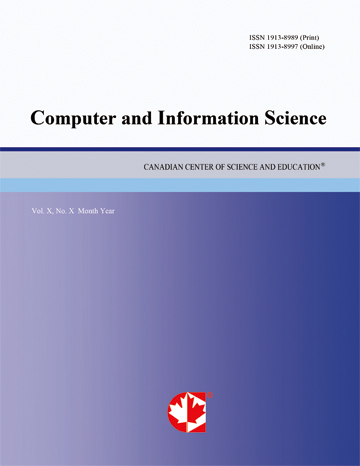Stochastic Programming Models and Hybrid Intelligent Algorithm for Unbalanced Bidding Problem
- Xingzi Liu
- Liang Lin
- Dongran Zang
Abstract
The expected value model and the chance-constrained programming model for unbalanced bidding problem are established on the condition that quantities of each activity are stochastic variables and the total project is finished smoothly in this paper. These models can make the unbalanced bidding price more reasonable and applicable. In order to solve these models, stochastic simulation, neural network and genetic algorithm are integrated to produce a hybrid intelligent algorithm. Finally, a numerical example is given to illustrate its effectiveness.
- Full Text:
 PDF
PDF
- DOI:10.5539/cis.v2n1p188
Journal Metrics
WJCI (2022): 0.636
Impact Factor 2022 (by WJCI): 0.419
h-index (January 2024): 43
i10-index (January 2024): 193
h5-index (January 2024): N/A
h5-median(January 2024): N/A
( The data was calculated based on Google Scholar Citations. Click Here to Learn More. )
Index
- BASE (Bielefeld Academic Search Engine)
- CNKI Scholar
- CrossRef
- DBLP (2008-2019)
- EuroPub Database
- Excellence in Research for Australia (ERA)
- Genamics JournalSeek
- GETIT@YALE (Yale University Library)
- Google Scholar
- Harvard Library
- Infotrieve
- Mendeley
- Open policy finder
- ResearchGate
- Scilit
- The Keepers Registry
- UCR Library
- WJCI Report
- WorldCat
Contact
- Chris LeeEditorial Assistant
- cis@ccsenet.org
